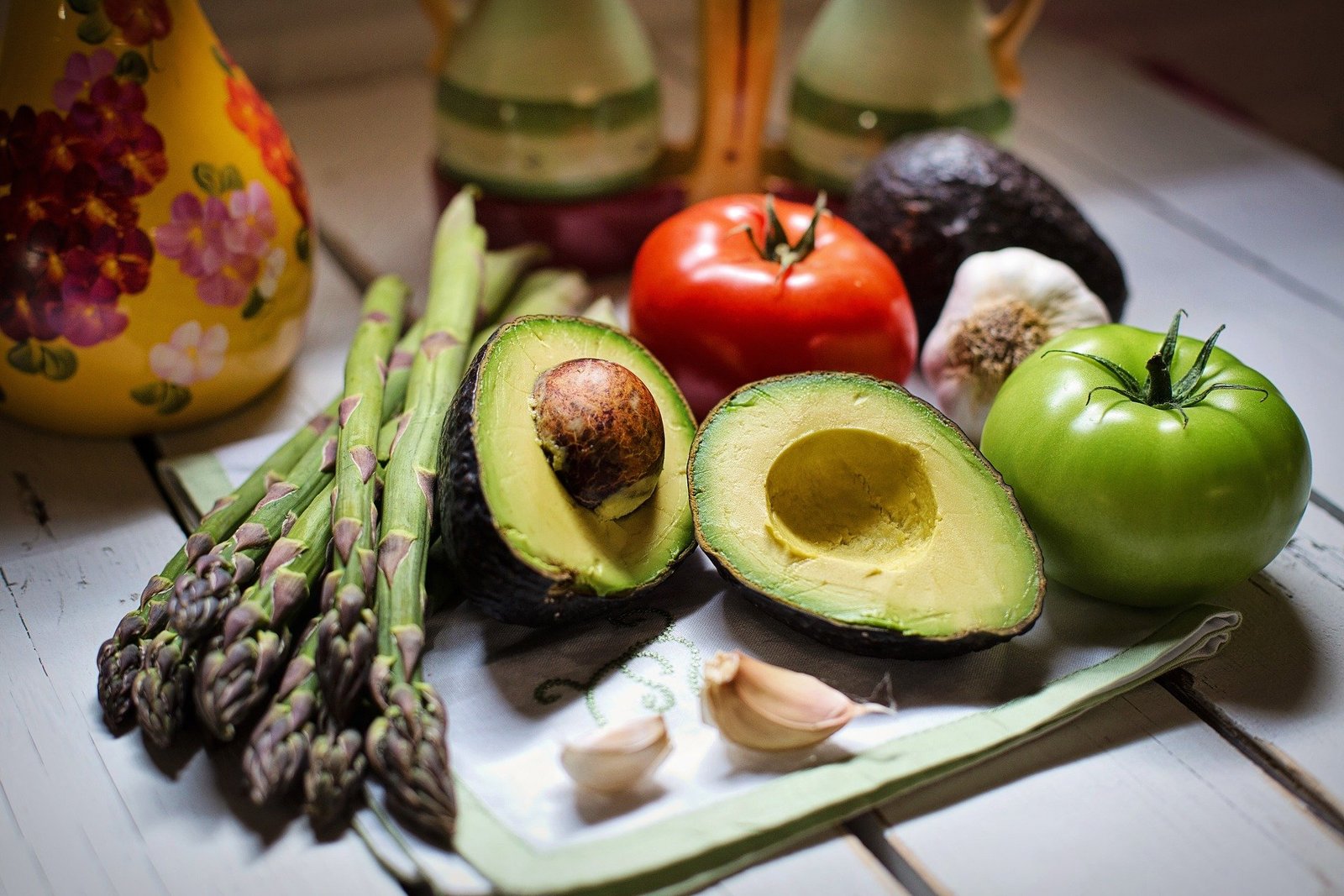
A new study has found that swapping just one serving of beef a day with chicken could cut one’s greenhouse gas emissions by an average of 48% and water use by 30%. This could be a great way for many to start the new year if your resolution was to try to be more climate conscious.
Americans who eat beef could cut their carbon footprint by up to 48% by switching just one serving a day for something more environmentally friendly, a new study says. The researchers used data from a survey of what more than 16,000 Americans eat on a typical day to figure out how much of a difference it would make for people to swap one high-impact food item for one that was more sustainable.
Americans eat a lot of beef, and about 20% of people who took the survey ate at least one serving of it at least once a day.
If only 20% of Americans who eat beef in a day switched to something else for one meal, that would cut the carbon footprint of all U.S. people. The biggest reduction in the water footprint came from replacing asparagus with peas, which cut it by 48%. When peanuts were used instead of almonds, the water footprint was reduced by 30%. Rose said that even though the study focused on individual substitutions, she said that addressing climate change must be more than just one thing.
“The changes needed to address our climate problems are major. They are needed across all sectors and along all levels of human organization from international agencies to federal and state governments to communities and households,” Rose said. “Many individuals feel strongly about this and wish to change our climate problem through direct actions that they can control. This, in turn, can change social norms about both the seriousness of the problem and the potential solutions that can address it. Our study provides evidence that even simple steps can assist in these efforts.”



